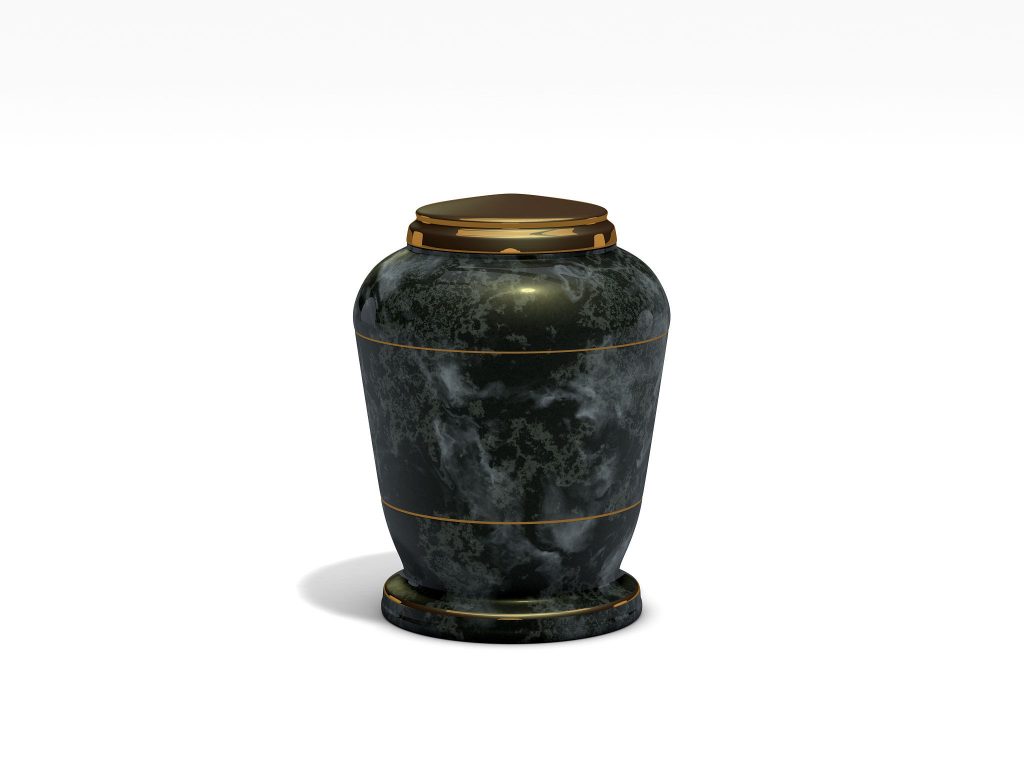Green Burial Initiative: Best Or Worst Option?
OLABISI OLALEYE
The death of people who matters to us and whom we truly love always leave a gaping hole and inconsolable ache in our hearts when the Grim reaper takes them away from us mostly unannounced .
Deciding on burial arrangements are always tough , emotionally and physically draining for almost any family who is bereaved and that is why several funeral homes are in existence today to help take charge of the pre and post burial activities.

The age long tradition of burying the dead in cemeteries may be struggling with lots of forces including enough space. More recently, cremation was imported from India and few people keyed into it as long as they were able to have the ashes of their loved ones in an urn everywhere they go. This sometimes, is an assurance of comfort and ease that they have their loved ones with them.
However, loved and special pets , are also cremated in developed world.
With technology invading several things these days, the green burial is the latest trend and the simple technique, according to Bradd Tuck, Director of Yates Memorial Services in , Parksville, BC, Canada, the body is wrapped in a biodegradable shroud or placed in a biodegradable casket, then laid directly into the earth in a designated section of a cemetery.
“Usually, the spot remains unmarked, in keeping with the low-impact ethos of the movement. Eventually the plot can, and should, be used again”, he said.
Though going green, is being encouraged by almost every country of the world. Green burial is environmental friendly ; a biodegradable process that will not only nourish the soil to plant more trees but more housing units could be constructed.
According to the Yale University, around 150 million people, or about two percent of the world’s population are homeless and a further 1.6 billion, more than 20 percent may lack adequate housing.
However, the question is, are Africans especially Nigerians ready to adopt this trend and become ecologically responsible citizens? Silently, mother earth is groaning and complaining of pollution like steel that do not decompose. Aside that she has to also contend with the burden of being bruised , poked severally with drilling and pipes for boreholes.
Several experts explained why the Green burial may not be the best option to adopt in Nigeria while speaking to Gtechnews and giving reasons that revolve round tradition, culture and religion predominantly.

Funeral Director, LTJ Funerals International, Nigeria, Mrs Bolanle Okusanya -Feyita said, the concept of unmarked graves may be frowned upon, places of rest matter to Nigerians.
Said she: “Nigerians are usually religious, spiritually minded and even superstitious. Many believe in reincarnation and would be very uncomfortable with the concept of their body becoming a manure. With the large muslim population in Nigeria, most muslim people are buried within 24 to 48 hours after death and their religious beliefs would not accommodate the biodegradable proposition. We also have a large Christian population who keep their bodies for longer periods before burial. This means that the deceased would need to be preserved with chemical fluids that would slow down decompossition, not the best for biodegradable projects.”

Going Home Funeral Director, Mr Tunji Desalu explained that Nigeria is not ripe for such development, saying, “African mentality is quite different from their European counterparts,but we can enlighten them and its their choice . Sometimes, when we suggest cremation,as another means of saving the land due to limited cemeteries that are available. The usual response is Ha! To burn our loved one? Never”
An Abuja based mortician, who pleaded anonymity explained that it will not only take away jobs from morticians, other personnel involved in burial proceedings will also lose their daily bread.
“Aside the job creation, which burying the dead has bought, Africans especially Nigerians will never shortage tradition with imported ideas because we value our dead. For instance, people get messages from whatever belief they have to appease the dead.In such cases, a marked grave is required and without it, how can that be done?”

However, Executive Secretary, Oyo State Primary Health Care Board, Dr Babatunde Olatunji said this emerging method may not put business away from handlers of funeral homes but might reduce the overall turn over as there would be no need for caskets but other activities among the Christian folks could still be embedded.
Olatunji was quick to add that Nigeria was currently not ripe for Green burial because of cultural and religious inclination by all the various tribes in the country.
“Only very minute group of people in the southern part of the country are likely to embrace this methodology”.
Truck further added “Our green burial area has a grasslands look,we just regrow grass and wildflowers.It’s more about the restrictions than about what we can do. We are not going to do an embalming, we’re not going to have any plastics or metals as part of the casket or the clothing, and then we’re not going to memorialize the space itself.
“While cemeteries may keep permanent records of each burial site for logistical purposes, family members of the deceased won’t necessarily know where the specific plot is if they return later, due to the lack of physical grave markers. But they can often enjoy the area as a park and look at communal memorials, such as big boulders with names and quotes carved into the surface”.
Meanwhile, the Green Burial Society of Canada,defines the process in five ways,6 no embalming, direct earth burial, ecological restoration and conservation, communal memorialization, and optimized land use.


















